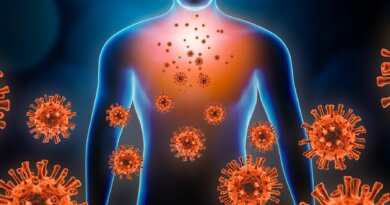Pandemic Has More Americans Turning to Alcohol
“People sheltering at home might also just be bored, and drinking was an activity they could still do,” he added. “In that respect, the results are not surprising. They make sense.”
Pollard also offered some theories regarding shifting trends among women.
“The first possibility is that women typically report higher levels of depression and anxiety than men, in general,” he said. That may have made women particularly vulnerable to mental health issues during COVID-19, he suggested, “which is similarly being met with greater alcohol use to cope in response.”
Women also generally drink less than men, Pollard noted. And that could mean that otherwise similar jumps in alcohol consumption “will represent a proportionately larger change for women than for men.”
But whatever the underlying causes, “these changes in alcohol consumption may have negative implications for people’s physical health as well as mental health,” Pollard cautioned. “It is important for health practitioners and the public to be aware of these increases, and their health risks.”
That concern was echoed by Lona Sandon, program director in the department of clinical nutrition within the school of health professions at UT Southwestern Medical Center, Dallas.
“Upping the alcohol ups the calories,” she noted. “This could lead to weight gain from excess alcohol calories. Also, when people drink more alcohol they tend to eat more, and usually less healthy food choices, high in fat and salt.”
In addition, Sandon said, “Alcohol may increase blood pressure, decrease ability to control blood glucose if you have diabetes, cause restless sleep, increase forgetfulness, and cause a loss of muscle.”
Still, Sandon said the findings were not exactly shocking.
“Given other reports of increased anxiety, stress and depression resulting from COVID shutdowns, rioting in the streets and concerns about the economy, I would say it is expected,” she said. “People are struggling with ways to cope, and may turn to alcohol to cope and relax.”
The report by Pollard and his colleagues was published online Sept. 29 in JAMA Network Open.
WebMD News from HealthDay
Sources
SOURCES: Michael Pollard, PhD, sociologist, RAND Corp., and professor, Pardee RAND Graduate School, Santa Monica, Calif.; Lona Sandon, PhD, RDN, LD, program director and associate professor, department of clinical nutrition, school of health professions, UT Southwestern Medical Center, Dallas;JAMA Network Open, Sept. 29, 2020, online





